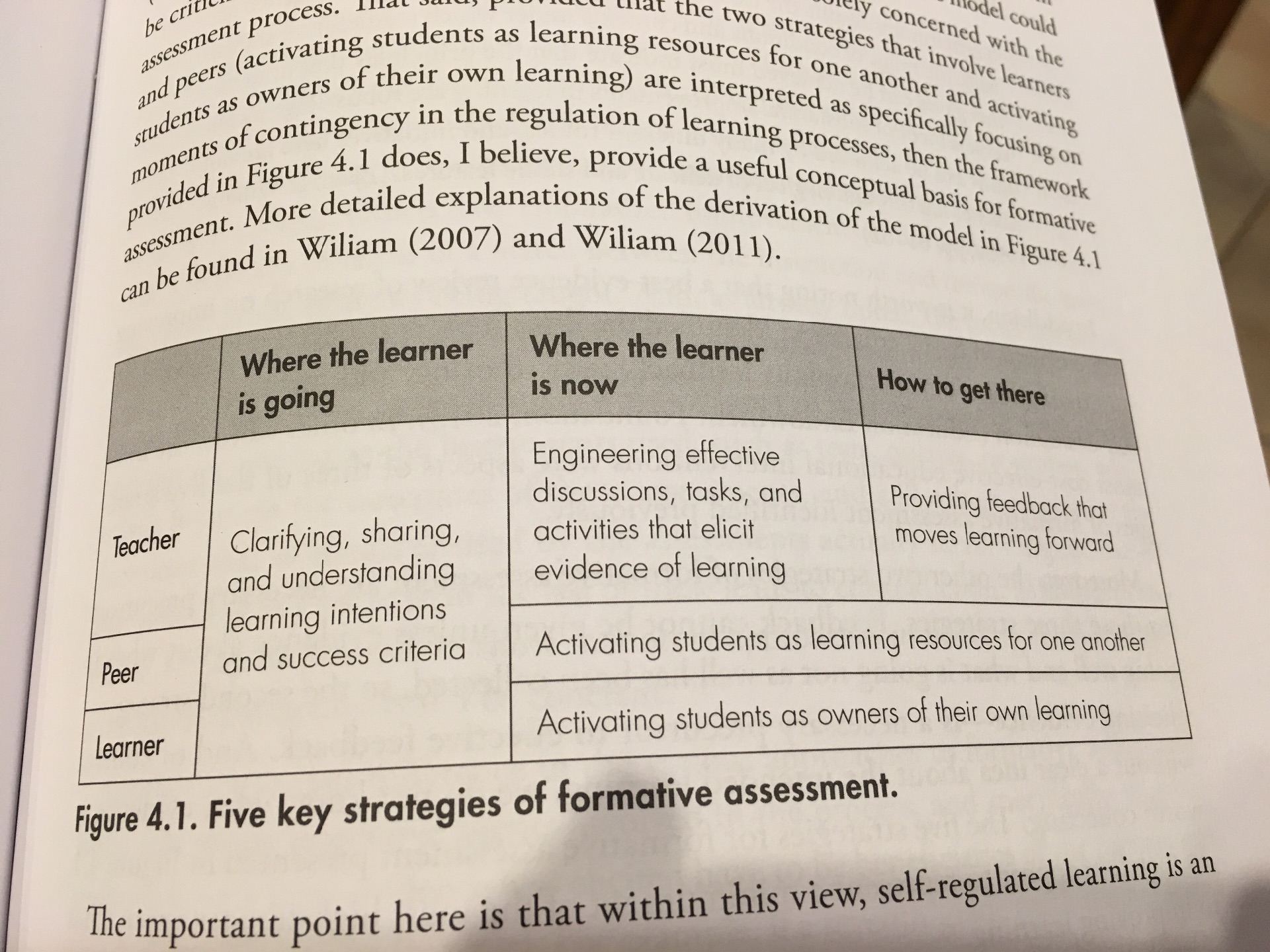Pathway to Impact – how to tell your story using a one page overview
| Input | Activities | Output | Uptake | Usage | Impact | Benefit |
|
$ people existing expertise external expertise |
Research project working with industry collaboration |
Publications prototypes |
Who took part?
how many too part? |
What are they doing with it? How did it get used? |
What difference did it make? |
Was it worth it? |


